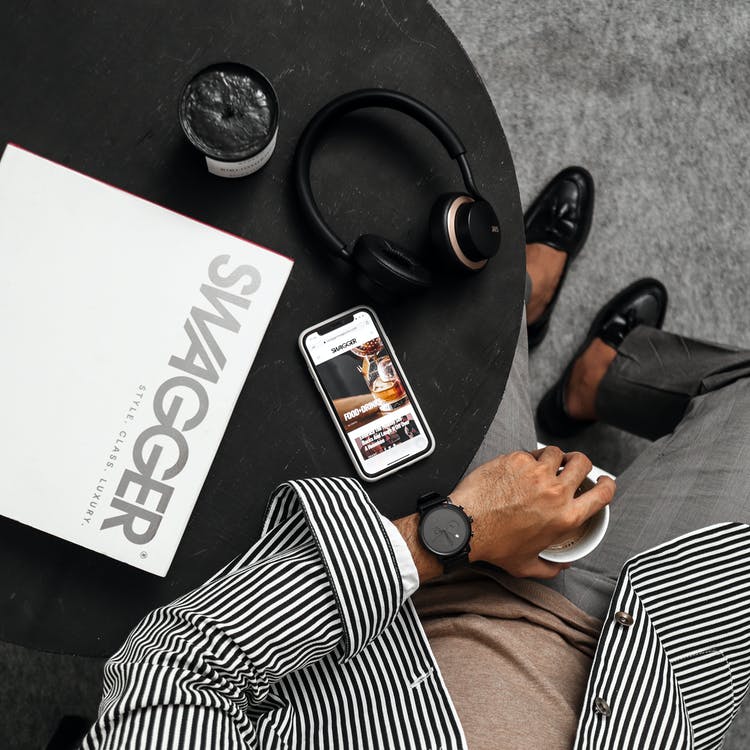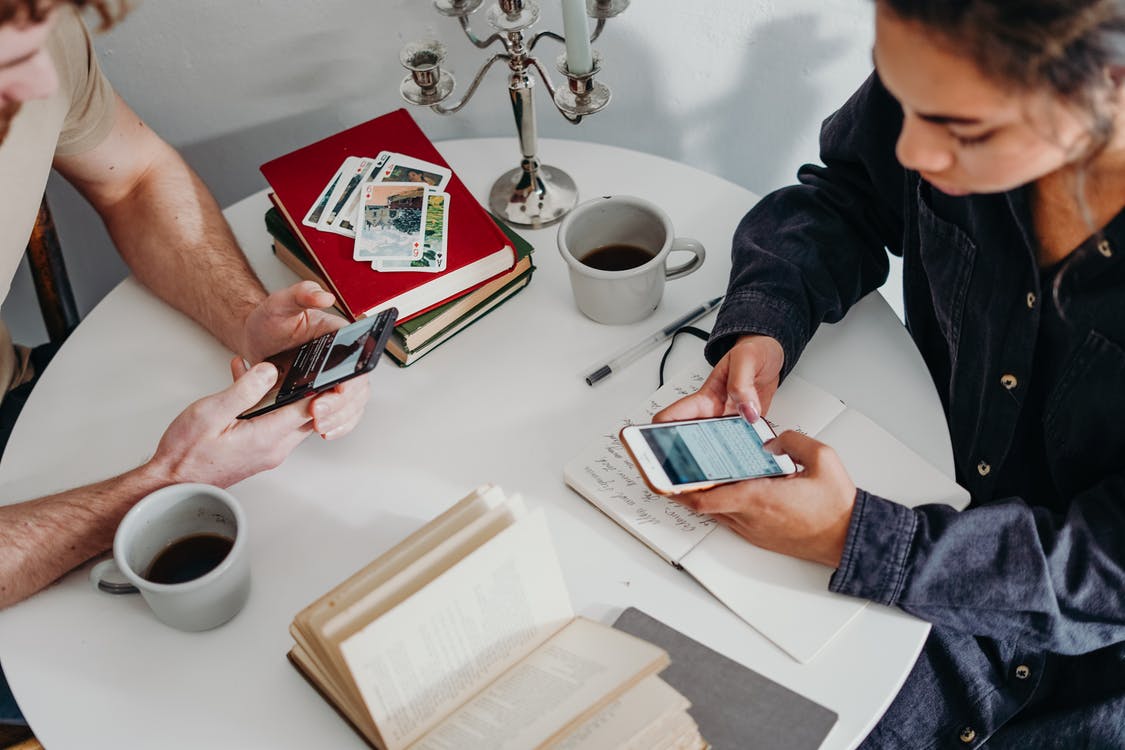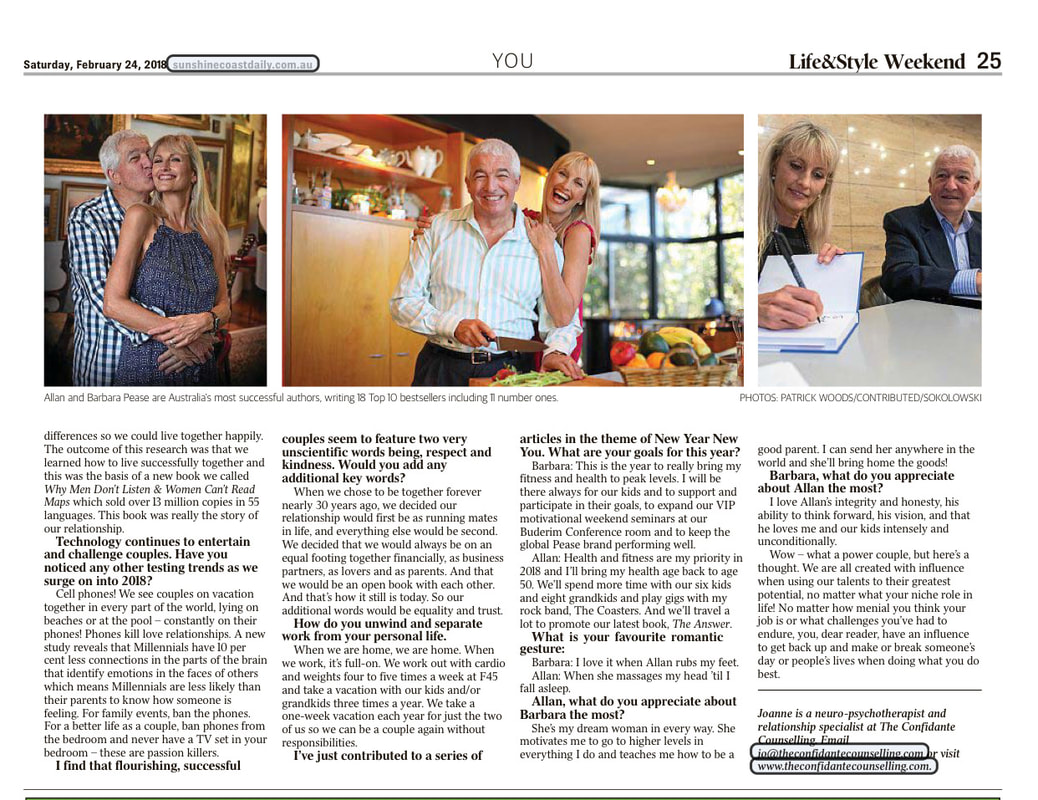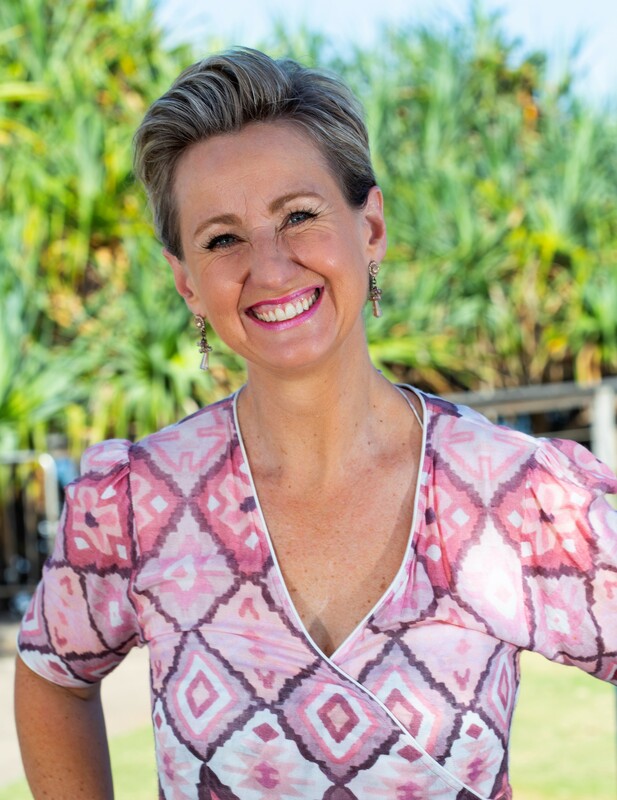 Does social distancing translate to a greater use of pornography? I don’t know but many people do ask me if pornography is a contributing cause to the demise of relationships? This is an extremely controversial topic and always will be. As a relationship therapist, I journey with clients without judgment and respect their opinions and values. With thanks to the contributions on this topic to clinical psychologist Dr Clare Rosoman. Firstly, here are some interesting statistics from Pornhub. It is a pornographic video-sharing website and stated to be the largest pornography site but certainly not the only one on the internet. The site attracted a total of 42 billion visitors in 2019 (around 115 million a day). The United States was the top country by traffic. Australia is in ninth place. The breakdown of viewing age groups are:
It's a big profitable billion-dollar business and researchers Paul and Shim (2008) say the four main reasons for using such services are for: Fantasy: sexual excitement, satisfaction, curiosity, exploration and anonymity Mood management: emotional regulation, stress relief, escapism Habitual use: habit and convenience Relationship: enhancement, skills and novelty Some of the common effects of pornography use for those in a relationship are:
With frequency, pornography can normalise and desensitise associated behaviours that lead to the pursuit of another person and possible affair. In my experience, the partner not involved in the pornography may view it as a betrayal to the relationship. Not only can the partner feel sexually inadequate and threatened by pornography use but also find certain new sexual activities objectionable. A new "sexual script” can be introduced and not welcomed. Risqué images can start as entertainment, may escalate to compulsions then distorted beliefs, expectations and addictions. The user faces difficulty becoming sexually aroused without pornography. They can lose interest and engage in fewer sexual experiences with their partner. Emotional closeness wanes due to a decrease in trust and pornography can be associated with dishonesty. Is there any benefit for relationships? Some studies say it is not harmful and positive, while others say it is detrimental. The difference lies in how the questions are asked and who you ask. For example, people in casual relationships are far less likely to have a problem with it than those in long-term relationships who have built a life together. Research has found that mutual use of porn was related to lower levels of distress but unrelated to relationship satisfaction in women. Some say that couples using porn together found it easier to discuss sexual wants and fantasies with their partners and had higher relationship satisfaction. Not surprisingly, people who only viewed porn with their partner reported more dedication and higher sexual satisfaction than those who viewed it alone. Consistent results across studies show the greater the discrepancy between partners in attitudes towards porn, the greater the negative impact on the relationship. Most discrepancies involve a male partner using more pornography than the female, which lowers her relationship satisfaction reduces positive communication and creates instability, more relational aggression and lower female sexual desire. In summary, can it lead to affairs? Yes, but not always. Is it good for your relationship? Ask your partner. Joanne Wilson is a neuropsychotherapist, relationship specialist, workshop facilitator and guest speaker. Tune into radio Salt106.5 each Friday morning for her co-host of the Morning Wakeup. Don’t miss more on these Sunshine Coast Daily articles in her “Is This Love” Podcast and download your FREE relationship resources at www.relationshiprejuvenator.com 
It seems social distancing and increased downtime for many Australians equates to more screen time. Not a week goes by when cyber-related challenges aren't raised in the counselling room.
The most common areas for concern discussed in counselling are:
If you have children, there are some great online safety quizzes to check their understanding around sharing their images, giving out their information and what to do about online bullying. It could save their life.
I totally love we've become even more connected and technology is a life-line during a pandemic. Long-distance relationships are enhanced with it and those living or travelling abroad feel closer than ever. In day-to-day life, however, screens are often an unwanted third person in the relationship. When both partners are screen-addicted, it's some sort of crazy foursome where the only real connection is the charging port that sustains this unhealthy attachment. It's not just our children with whom we need to have sensible discussions. We also need to communicate with our partners. Here are some topics to ask each other:
Enjoy the wonders of technology to be entertained, organised and informed, but if you're withholding information from your partner about your screen use, it's your red flag. May any downtime feature a healthy balance of enjoying others, exercising outside and whatever else fills you with joy during a pandemic! Watch this space next week as I contemplate if social distancing increases the use of pornography? Joanne Wilson is a neuropsychotherapist, relationship specialist, workshop facilitator and guest speaker. Tune into radio Salt106.5 each Friday morning for her co-host of the Morning Wakeup. Don’t miss more on her weekly Sunshine Coast Daily Relationship articles in her “Is This Love” Podcast and download your FREE relationship resources at www.relationshiprejuvenator.com  Sadly, we were already in the grip of a mental health crisis caused by trends in Australian society featuring shrinking households, greater tendency to be more mobile severing old-fashioned neighbourly friendships, the rate of separation and divorce, decreasing birth rate where we compensate with more pets instead (which isn’t all bad!) and the information technology boom that has us feeling more connected than ever before but more apart from each other! Enter a pandemic then forced isolation and we ‘stack’ a sense of global fear to already high anxiety levels for many Australians. As a human race, we are designed relationally and thrive on interaction with others. Loneliness is said to be in the top three social challenges facing Australia. We are created relationally; humans are social beings. When we feel loved, secure and attached to people and our surroundings, we flourish. Look beyond the real symptoms of anxiety and you’ll see the social fragmentation behind it. In my experience, loneliness and disconnection is the root cause of addictions. Whilst it’s not all bad and we can use technology as a force for good such as using teleconferencing platforms to host a new Book Club or craft, Social Media “Watch parties”, chat groups, online exercise competitions and so on. What this doesn’t cater for, is touch. This was highlighted by a client who was incarcerated for two years. He painfully described the devastating impact of the warmth and reassurance we take for granted from just a pat on the back or an “It will be ok” rub on the arm, let alone longing for that oxytocin inducing six-second hug. My Mum realised the power of connection from holding hands throughout 60 years of marriage she still misses so much since Dad died. We don’t realise how much touch communicates positive emotions: joy, love, gratitude, and sympathy. Consider those elderly, isolated or unwell without the language of touch. I’m hearing of isolated virus-stricken patients dying alone quarantined in overseas hospitals without their loved ones. Interestingly, I’ve become so accustomed to individuals rating themselves very poorly after they realise their cat or dog receives a far greater, attentive loving greeting than their intimate partner. That unconditional love from your ball of furry goodness that doesn’t whine about the unwashed dishes is inexplicable joy. Being forced to walk an energetic dog longing for some action is an obvious benefit. Even those who pop that cat or small designer pup into a pram are still out exercising their lungs for the greater good. Dog owners can continue to enjoy socialisation at the doggy park or on the beach with the fresh air whilst getting physically fit and still meet the six feet social distancing suggestion. Whilst the various research over the decades lack conclusive evidence that owning a pet translates to mental health, it makes sense that pet owners would have high levels of self-esteem, are less fearful and lonely. Those that consider their pet as a “family member” benefit immensely from the love and connection that brings. During fearful times of doomsday reports and social distancing, those that live alone or in a small household can enjoy the sense of purpose that pets contribute. To experience the warm snuggle of a larger pet to a hungry, chirping budgie all contribute to a sense of belonging and purpose that otherwise could contribute to spiralling loneliness and depression. Joanne Wilson is a neuropsychotherapist, relationship specialist, workshop facilitator and guest speaker. Tune into radio Salt106.5 each Friday morning for her co-host of the Morning Wakeup. Don’t miss more on these articles in her “Is This Love” Podcast and download your FREE relationship resources at www.relationshiprejuvenator.com |
Joanne WilsonJoanne will be your Confidante, enabling you to speak freely in complete confidence and serenity. An integrated approach tailored to your specific needs will be utilised.
Categories
All
Archives
October 2023
|
Joanne will be your Confidante, enabling you to speak freely in complete confidence and serenity. An integrated approach tailored to your specific needs will be utilized. Approaches such as Psychobiological Approach to Couple's Therapy (PACT), Cognitive Behavioral Therapy, Solution Focused Therapy and Emotionally Focused Therapy may be incorporated.
Joanne WilsonRelationship Specialist for individuals and Couples online around the world and servicing areas for virtual sessions around Australia and servicing many clients in Queensland including Caloundra, Noosa, Noosaville, Buderim, Mountain Creek, Gympie.
|
Quick links |
|
Queensland - Australia
0409 909 933
www.relationshiprejuvenator.com
|
|
©
2017-2023 The Confidante Counselling . All Rights Reserved
Web Design by Debbie Navarro



 RSS Feed
RSS Feed









